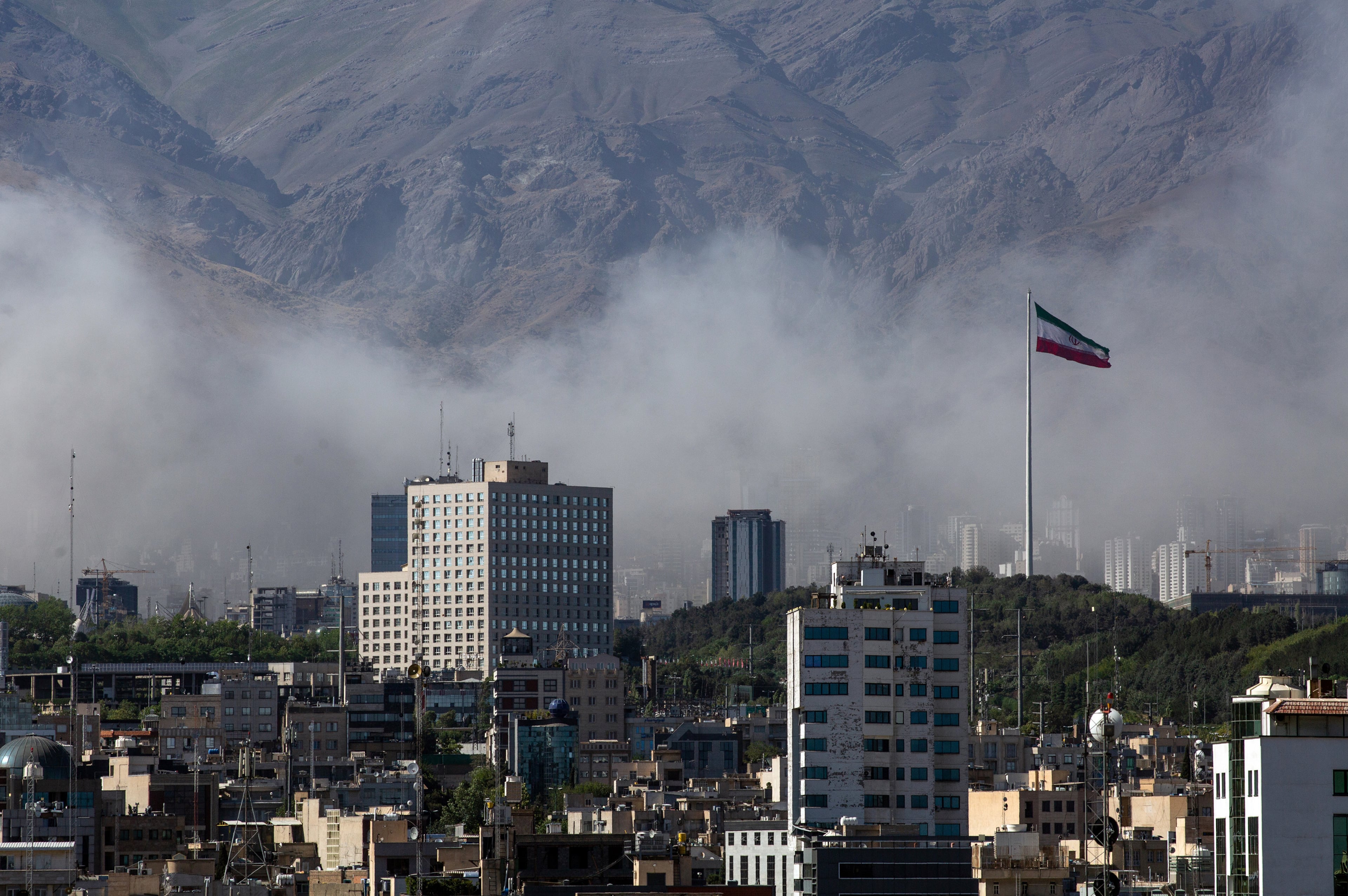Signs point to low turnout for Atlanta elections
Sixteen members of Atlanta City Council and the mayor are on the Nov. 5 ballot. The Atlanta Journal-Constitution will provide unmatched coverage of the issues, personalities and money that will decide these races.
ONLINE VOTER GUIDE
Before heading to the polls, you can look through a voters' guide to see how your candidate answered questions and create your own customized ballot by visiting ajc.com/voterguide.
Next week, Atlanta Mayor Kasim Reed — barring a November surprise — is expected to stroll into office for a second term.
With the exception of three tightly contested races that are still up for grabs, each of the remaining 13 members of the city council, including council president, are also expected to breeze back into office in the Nov. 5 elections. Five of them are not facing any opposition.
All of it sets the stage for a rather sleepy election.
Two measures of enthusiasm among voters – new voter registration and early voting – indicate a low-turnout election is on tap. The Atlanta Journal-Constitution reviewed voter registration data that shows fewer voters are signing up compared to previous elections.
Michael Leo Owens, an associate professor of political science at Emory University, who teaches a seminar on race and politics in Atlanta, said this year’s elections “reflect a general disinterest or disgust in municipal politics.”
“Also, because most of the council races are district seats, few care about district races that don’t involve them,” said Owens. “We know from surveys that voters, albeit not just in the city of Atlanta, are generally distrustful of their politicians in Georgia.”
The reason for the decline in voter turnout, said Owens, who also teaches courses on urban politics, is because campaigns are failing to mobilize people, coupled with a lack of fresh new candidates.
“Turning it around requires good candidates and real efforts to engage voters around them and issues,” Owens said. “There also needs to be a clearer understanding among the local electorate that local elections matter as much as state and national ones. Plus, novelty doesn’t hurt. That’s a reason why the 2009 mayor’s race was kind of cool and fascinating down to the wire.”
Reed was first elected mayor in 2009, squeaking by former city council member Mary Norwood in a runoff. Reed beat Norwood by a scant 714 votes out of the 84,384 cast, making it one of the tightest races in Atlanta history.
Don’t expect a repeat. Reed’s race this year against Al Bartell, Fraser Duke and Glenn S. Wrightson is more likely to resemble Shirley Franklin’s 2005 re-election thrashing of Dave Walker, when she scored 91 percent of the vote.
“This election will certainly see lower turnout, but not because voters are less interested in the outcomes of municipal races,” said Howard Franklin, a principal with the Firm Influence Factory, a public affairs and campaign manangement firm. “Voters see fewer opportunities to change city council, since every incumbent council member is seeking re-election. By contrast, the Atlanta Board of Education has four open seats, and those races are generating greater awareness and interest than usual.”
If there are any races that might generate traffic to the polls, it would be the two contested citywide council races and one district race.
The most heated race is for Post 3 At-Large. Incumbent H. Lamar Willis is being backed by Reed, but was recently disbarred from practicing law over ethical breaches. His opponent, Georgia Tech administrator Andre Dickens, has gotten several high profile endorsements, including the backing of former Atlanta Mayor Shirley Franklin.
Franklin and Willis have exchanged several barbs on the campaign trail.
For the Post 2 At-Large, current Councilman Aaron Watson is trying to fend off a challenge from Norwood, who is trying to reclaim the seat she gave up in 2009 to run for mayor. Watson is supported by Reed, creating a soft rematch of 2009.
And in District 5, where violent crime is becoming an issue, incumbent Natalyn Archibong is facing four opponents on the Nov. 5 ballot. At least one of the four candidates dropped out this week, but the possibility of a run-off remains high.
“It is just the same players jockeying around. Look at Norwood. She gave up her seat on the council to run for mayor in 2009. You don’t get to come back and get a do-over,” said East Atlanta resident Sean Casey. “I like Archibong, but I don’t see her moving the ball forward as far as leadership is concerned. We are dealing with the same issues here in East Atlanta that we were dealing with when she was elected — house break-ins and people getting shot in our neighborhood.”
But even with those races, data released Monday, show that a week after early voting started in Fulton County, only 1,075 of the county’s 675,000 registered voters had cast ballots. Richard Barron, director of the Fulton County Registration and Elections Board, said those figures could not be processed to see how many were for Atlanta elections.
Newly registered voters in Atlanta is also low. Between Sept. 1 and Oct. 7, only 2,309 new voters even registered. During that same period in 2009, there were 2,589 new voters.
In 2008, for the presidential election that featured Barack Obama on the ballot, 23,426 registered during that period.
Staff data analyst Jeff Ernsthausen contributed to this article.



